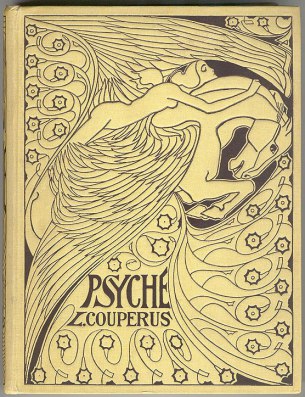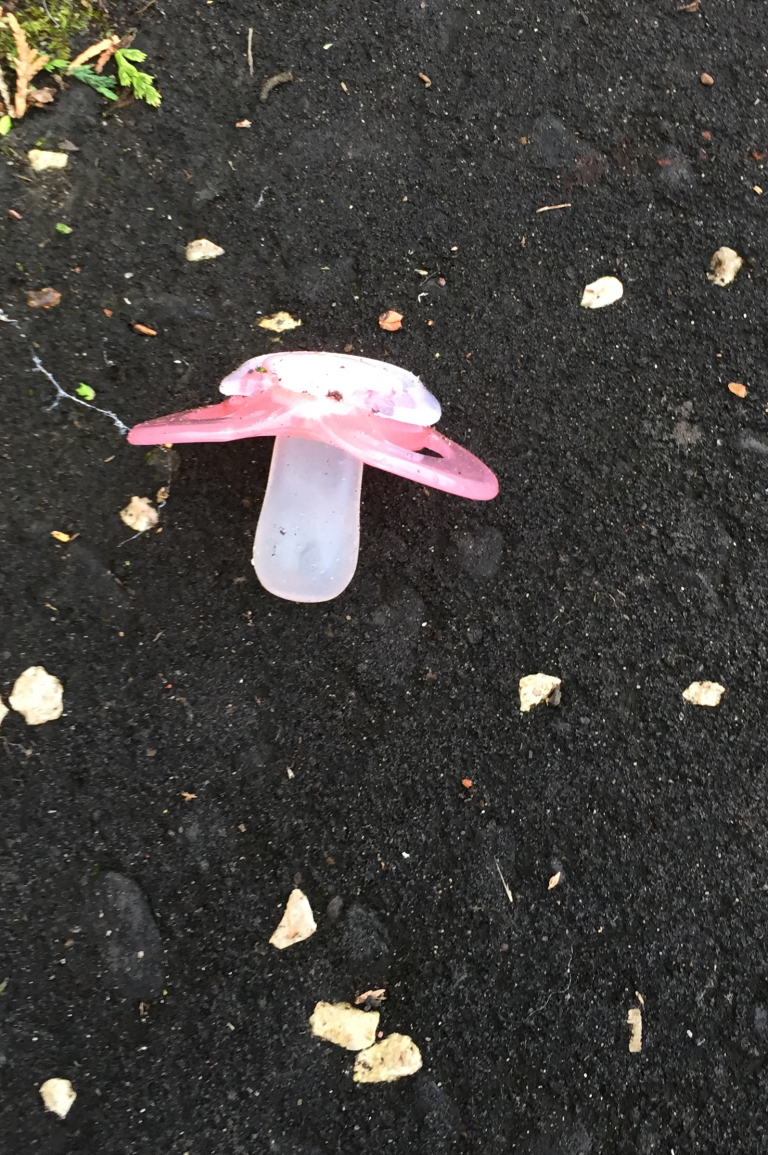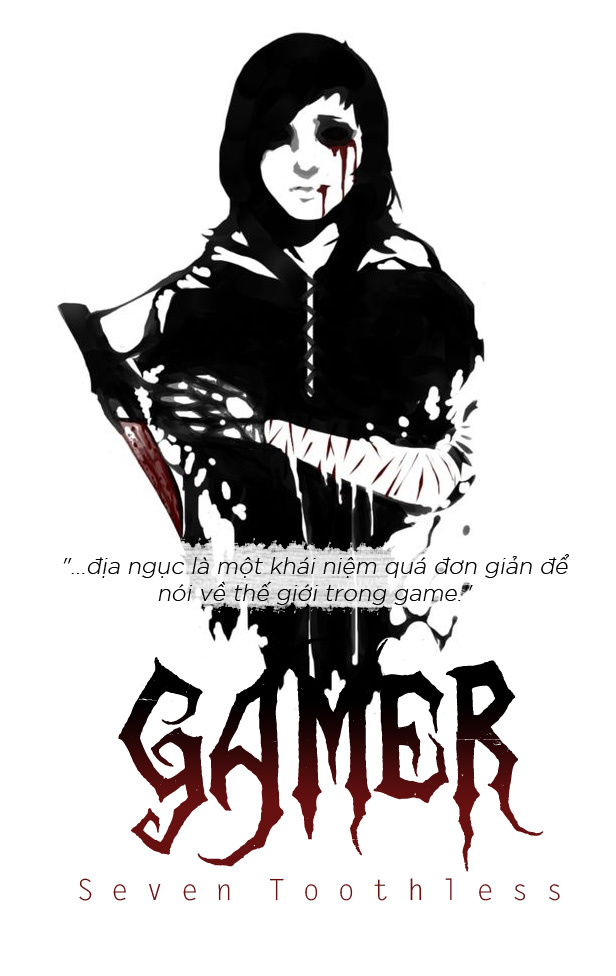
“My gentle Psyche!” Said he. “My child and my wife and my tender princess! Kneel not to me. In love it is sweet to give and to suffer. Love gives, and love suffers”
Oh, there’s nothing like a good, overblown, Freudian-inflected fairy tale. What with quests, trials and a naked girl who falls in love with a winged horse (see the beautiful Jan Toorop cover above) ‘Psyche’ luxuriates in exaggerated emotions, settings and symbolism. It is inspired by the classical story of Cupid and Psyche, and it was delightful to find Robert Graves’ translation of the original myth included in my rather wonderful Puskin edition. Couperus clearly felt that there was no need to simply rehash a traditional tale though, he may have loved the name and a few of the themes, but his ‘Psyche’ is absolutely a stand alone work.
‘Psyche’ begins with the three daughters of the King of the Past. The oldest is of surpassing beauty and pride, the second ‘possessed all the wisdom of the earth‘. Meanwhile, the youngest has the privilege of nakedness (seriously) and makes friends with flowers, birds and butterflies. Her joys, sorrows, loves and tribulations will take her to the ends of the earth and it is an indication of the magic of Couperus’ prose that while my 21st century brain wanted nothing better than to poke fun at the whole misogynistic mess, I couldn’t help but be enthralled by Psyche’s story.
The book is made up of dreams and nightmares, with every fantastical setting so precisely and beautifully written my cynicism melted away. While images of butterflies might seem clichéd, the repeated symbols of stones and fire felt new and original as they get used in ever more frightening scenarios. Even the naked girl and winged horse moments become staggering set pieces evoking fear, danger, love and loss. As a fan of the Gothic, I’m no stranger to literary descents into hell, but I think Couperus may have given me a new favourite towards the end of this novel.
Couperus is most famous for his novel Eline Vere, which I haven’t yet read but am determined to get my hands on. Meanwhile, if you want an English translation of ‘Pysche’ you’re in luck. I read a paperback edition translated by B. S Berrington and have since learned that this version is in the public domain and can be found online at https://en.wikisource.org/wiki/Psyche_(Couperus). We can’t all escape reality on the back of a mystical flying horse, but I can think of no better way to delve into a magical world than through Couperus’ enthralling fairy tale.
Advertisements Share this:





